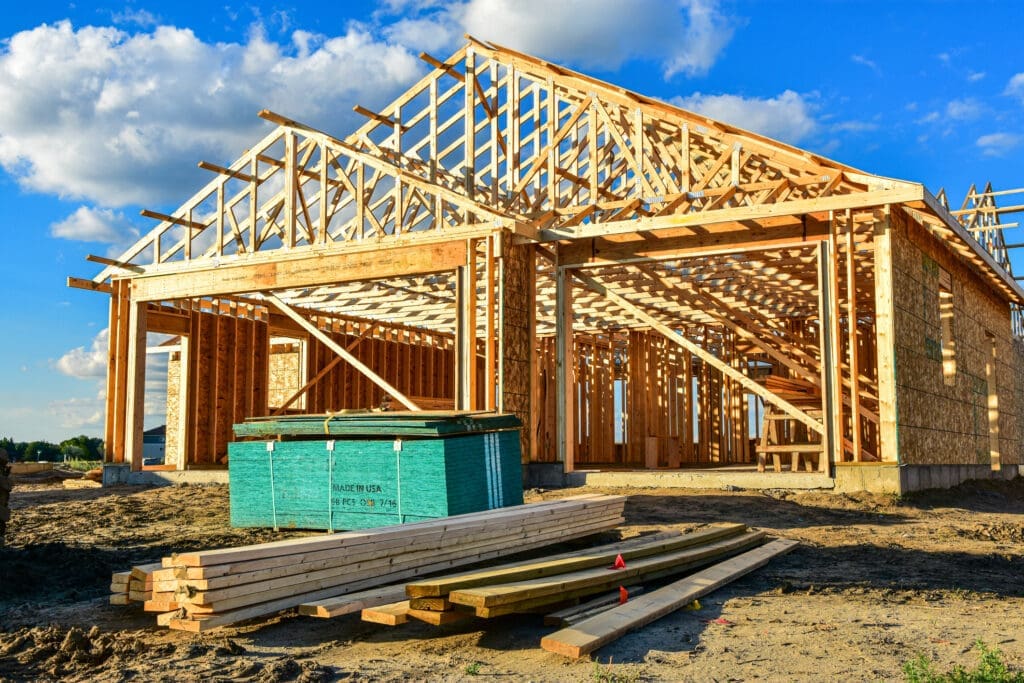 Recently, through social media, I discovered that my first home which I bought in college was put up for sale. It was fun to look at pictures and see how it had changed since I sold it over a decade ago. I was also amazed to see it had a contract pending on it despite and asking price that was more than double what I had paid.
Recently, through social media, I discovered that my first home which I bought in college was put up for sale. It was fun to look at pictures and see how it had changed since I sold it over a decade ago. I was also amazed to see it had a contract pending on it despite and asking price that was more than double what I had paid.
I won’t say anything bad about the house, it was perfect for someone just starting out, and I have a lot of great memories from my time living in it. But at over 100 years old I’m not sure it is worth the price now being paid for it. Then again, the value of something is always what the market will pay, and clearly, the housing market says this home is now worth double what it was worth when I was still a young man.
I believe these rising prices for housing have reached a crisis point. No college student could buy this house or one similar to it as I did in the early 2000’s. In fact, because of this explosion in housing prices many low to middle income families are now being forced to choose between paying the rent or feeding themselves. If history shows us anything, it is that when basic necessities become too difficult to acquire, unrest and chaos often follows.
With unemployment never lower, and wages never higher, why is housing so difficult to afford? The simple answer is the law of supply and demand. For a variety of reasons, the demand for housing is greatly exceeding the available supply, and in a free-market system rising prices, are always the result of such a scenario.
According to a recent study by Realtor.com there is currently a shortfall of over 7 million homes here in the US. Today I thought I would share my views on some of the factors that have led to this shortage and what we must do to remedy this dire situation we find ourselves in before it’s too late.
First and foremost, there are simply not enough houses being built to keep up with population growth. According to the Census Bureau from 2000 to 2008 we averaged 1,568,625 new home builds each year. In comparison since 2008 we have averaged 1,021,568. That is over a third less houses being built. At the same time, according to CBO the population of the US has gone from roughly 304 million in 2008 to 342 million in 2024, which is an increase of roughly 11%. With the population growing, and the number of homes being built shrinking, it should be no wonder we find ourselves in a mess.
There are a variety of things that are slowing home construction. One of the biggest, is the labor shortage that is not only affecting how quickly a home can be built, but also how long it takes government regulators to approve permit requests and the supply of raw materials available to builders. These factors not only increasing the time it takes to build a house, but also increasing the cost to do so.
Another issue leading to our current housing shortage is rising interest rates. Traditionally, most brand-new homes in the US have been targeted at more affluent people in their 40’s and 50’s wanting something new and customized to their liking. This has been advantageous to the overall housing market because as they upgrade, it naturally creates a larger supply of more moderately priced used homes to come on the market for entry level buyers.
However, as interest rates have increased substantially many current home buyers are opting to stay put and make improvements to their current home, in order to keep their lower fixed rate. As a result, fewer and fewer existing homes are being put up for sale, and with new homes not affordable to most first-time buyers the market for these new homes has been weakened.
I believe this lack of affordable housing is something that we must fix and soon. For young people I believe it is shaking their belief in the American dream to its very foundation. For older people on fixed incomes skyrocketing property tax assessments are threatening their ability to stay in their homes.
There is no single solution that will fix this issue, but if we don’t start getting serious about addressing these issues, the problems we face as a nation will only get worse. Afterall, stable housing is foundational to a strong and thriving community, and we are sadly losing that.
(Past performance is no guarantee of future results. The advice is general in nature and not intended for specific situations)
